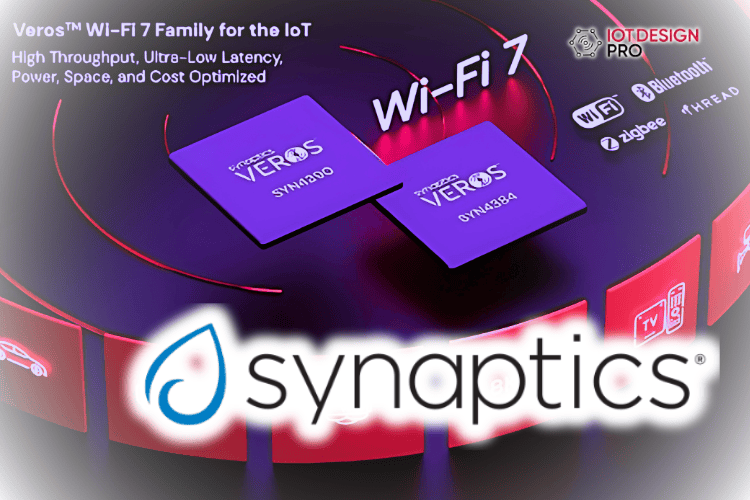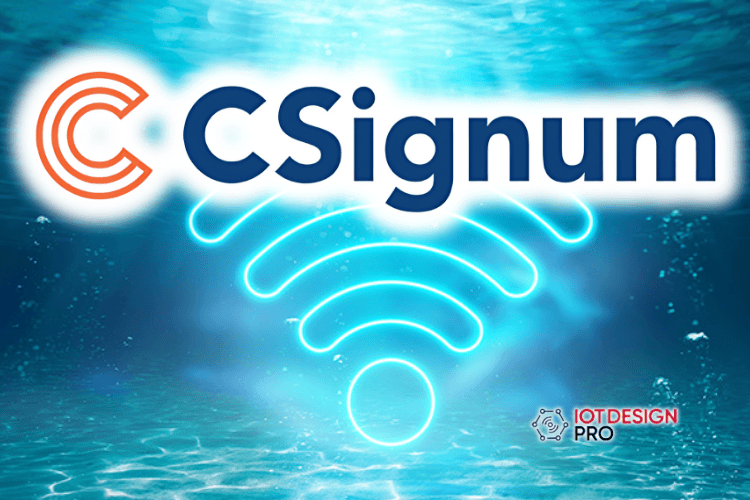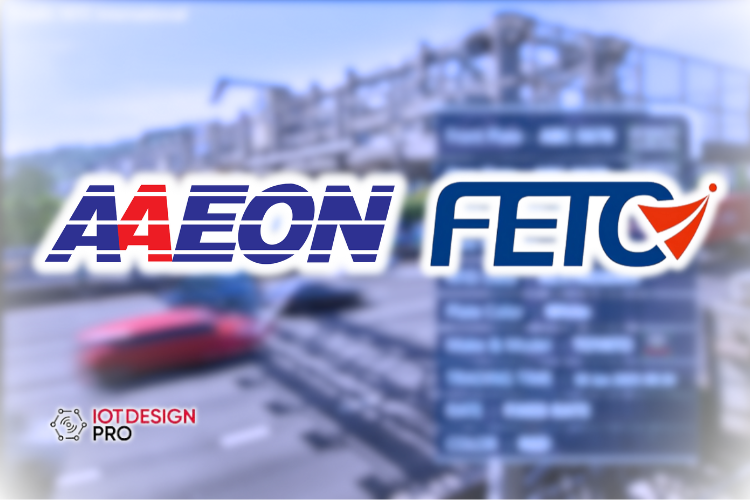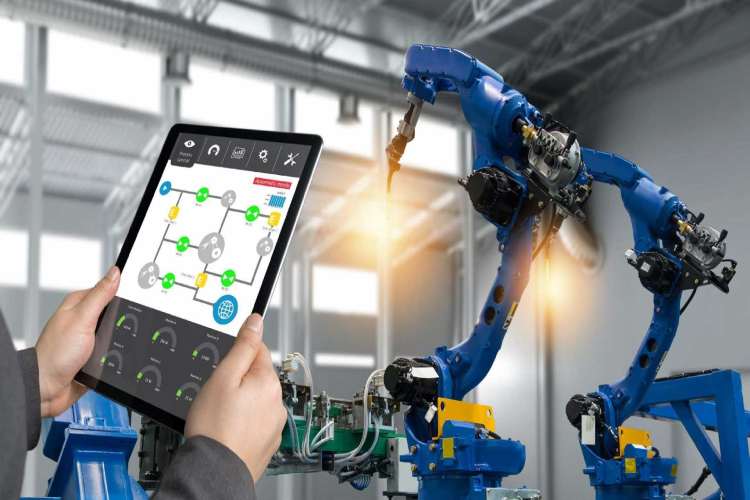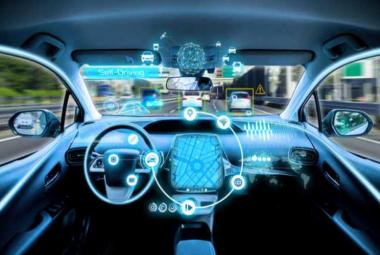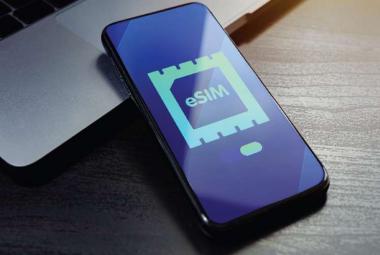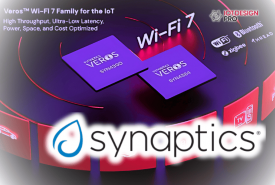The integration of emerging technologies such as AI and IoT has the capability to transform and modernize the manufacturing ecosystem in the country.
India’s electronics manufacturing industry has gone through a lot of transformation over the past couple of years and various efforts have been undertaken by the government to magnetize foriegn investments and boost in-house manufacturing. Due to this effort, the market has grown tremendously and various new and foreign companies have entered the Indian market.
In an exclusive article to the Times of India, Vikas Gupta, Managing Director- Operations, PG Electroplast Ltd has stated that the biggest hurdle is to meet the domestic demand on a large-scale manner and most importantly becoming internationally competitive. According to a survey report of Deloitte, the consumer durables market in the country is anticipated to boost consumer spending of 13 trillion USD by 2030. Then, the appliance and the consumer electronics market, which was valued at USD 9.84 billion in 2021, will escalate to 21.18 billion towards the end of 2025.
Gupta further added that the integration of emerging technologies such as AI and IoT has the capability to transform and modernize the manufacturing ecosystem in the country. He stated that these technologies also have the qualities to improve productivity, efficiency, and quality of goods, and will make the country’s products more competitive in the international market. The word ‘Smart’ has turned to be the buzzword for appliance development that is transforming the ways customers interact with their homes.
Speaking of the consumer electronics appliances, air conditioners, which are powered by AI can know the consumer’s preferences and then temperature can be adjusted accordingly, while refrigerators, which are powered by IoT can make the users know when the food is about to expire. Now, speaking about the manufacturer's perspective, the inclusion of AI and IoT has widened the scope of design and production. Gupta also told TOI that both these technologies can assist manufacturers and business leaders in taking corrective actions.
When the electronic devices are furnished with smart sensors, their performance levels can be evaluated accordingly. Analyzing these data via AI-powered algorithms help manufacturers to come up with more personalized and efficient devices. Retailers on the other hand can take the help of AI and compare offline and online experiences. In the Indian electronics manufacturing landscape, the adoption of industry 4.0 technologies is still in the early stage. Some advanced Indian firms have already started leveraging IoT, automation, and data analytics to perk-up their manufacturing procedure, and improve product quality.
The Indian SMEs on the other hand are facing a lot of impediments in leveraging these technologies because the manufacturers lack understanding these technologies. Also, there is a lack of a proficient workforce who are experienced well-enough to deploy IoT and AI technologies. This skill gap needs to be tackled. Then, another challenge is the implementation of cost because the initial investment of deploying these technologies are expensive.
Gupta opined that in an effort to tackle these hurdles, the government of India has launched several policies and programs to promote industry 4.0, such as Smart Manufacturing Program, Digital India, and Make in India, while also introducing several policies and regulations, such as the Personal Data Protection Bill to make sure that the data is used, collected, and stored in a secure manner. “With the right support, India can become a global leader in the adoption of Industry 4.0 and drive the growth of its manufacturing sector” added Gupta.

